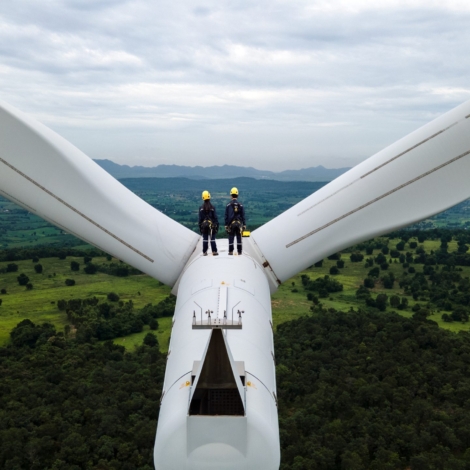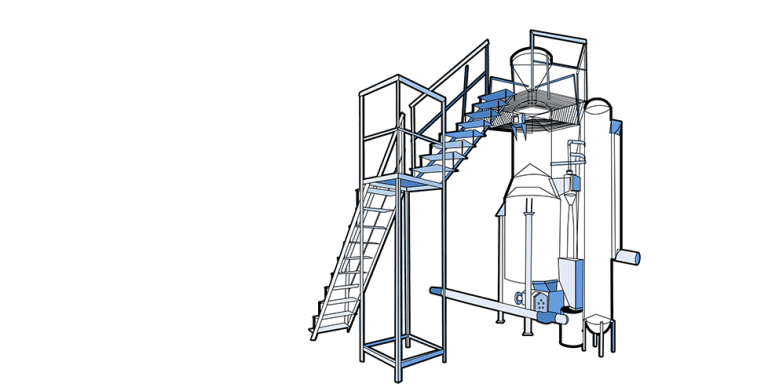Experts are preparing to be underwhelmed by results from the upcoming COP30, the 30th Conference of the Parties to the United Nations Framework Convention on Climate Change held in Belém, Brazil, starting November 10. But the disappointment this time around might not matter as much as it has in past years. The energy transition, after all, is increasingly driven by technological advances and market forces, rather than solely by international climate negotiations, one energy expert says.
In a virtual conversation this week, Michael Collins, Director of Low-Carbon Energy Research at Energy Intelligence, argued that COP is a sidebar to technology, especially mature technologies, that are snowballing changes faster than diplomacy can.
“If we’re just looking at the energy transition now, COP is only a small part of that,” Mr. Collins says. “Yes, it can help set some of those sort of high-level framework targets. There can be a signal for investors that can help governments translate their policy and sort of ground in that international framework. But fundamentally, technology, particularly for those quite mature technologies, is the driver in itself. And the momentum is coming there in itself. And that’s outside, in many cases, the COP process.”
Videos: The Shift to Clean Energy, with Stanford’s Dr. Diana Gragg
A decade ago, COP was a star in the global effort to mitigate climate change and the Paris Agreement was a key moment in world history. Since then, however, technology advances and the decreasing costs of renewable energy have stolen the spotlight. COP is no longer central to carbon reduction, and technologies such as solar and wind are gaining momentum independently, Mr. Collins says.
The reality may be nuanced and cause and effect may be hard to determine, however.
“China installed 450, gigawatts of low carbon technology last year. You know, just solar and wind really. Is that because of COP, or is that because that’s a geopolitical and geo economic smart move for China? It’s, of course, very, very difficult to untangle some of its threads. It’s a sort of mix of factors that drive these things forward,” Mr. Collins says.
But the fact remains that COP matters less than it used to.
“The importance of COPs has diminished as some of those technologies have built up their own momentum,” Mr. Collins says.

